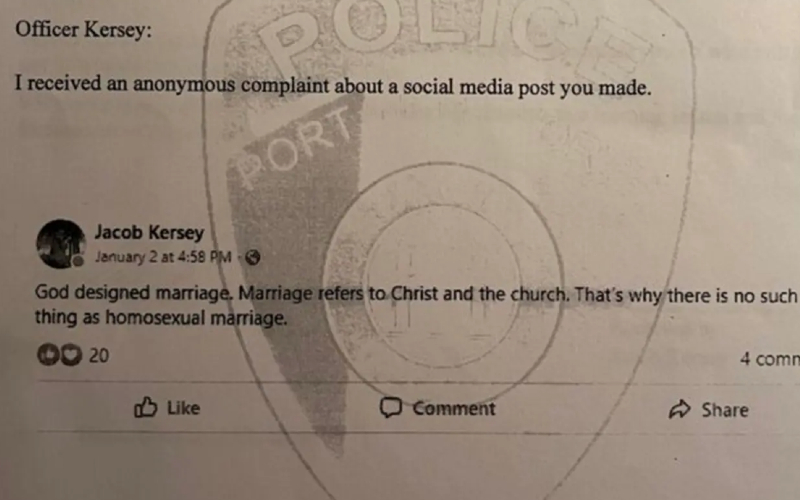The case, Soule v Connecticut Association of Schools, is a lawsuit brought by Alliance Defending Freedom attorneys on behalf of Selina Soule, Chelsea Mitchell, Alanna Smith, and Ashley Nicoletti. The teen girls sued the Connecticut Interscholastic Athletic Conference in 2017 for allowing two male athletes, Terry Miller and Andraya Yearwood, to compete against female runners in high school track competitions.
The two male athletes, who identify as females, literally blew past their female competitors in track meets, where they set state records. Altogether, Miller and Yearwood won 15 girls state champion races in Connecticut, according to Fox News.
 In December of last year, a three-judge panel of the 2nd Circuit ruled against ADF and its clients, and now the female plaintiffs are asking the full court to consider the case.
In December of last year, a three-judge panel of the 2nd Circuit ruled against ADF and its clients, and now the female plaintiffs are asking the full court to consider the case.
ADF attorney Christian Kiefer says the four female athletes deserve “access to fair competition” but were denied that right by high school officials and the CIAC.
"Every woman deserves the respect and dignity that comes with having an equal opportunity to excel and win in athletics,” Kiefer tells AFN, “and ADF remains committed to protecting the future of women's sports."
The looming issue before the federal courts, however, is to define what “every woman” means. That’s because the three-judge panel cited the U.S. Supreme Court’s landmark Bostock ruling from 2020. In that case, the high court cited the U.S. Civil Rights Act when it sided with a transgender female – a man – who sued his employer after being fired. That ruling was 6-3 and was lauded as a landmark ruling for transgender rights.
"Title IX includes language identical to that in Title VII, broadly prohibiting discrimination ‘on the basis of sex,'" the three-judge panel wrote. “Thus, it cannot be said that the Policy — which prohibits discrimination based on a student’s transgender status by allowing all students to participate on gender specific teams consistent with their gender identity — ‘falls within the scope of Title IX’s proscriptions.”

The three-judge panel also ruled the four plaintiffs lacked legal standing to sue because their claims of being deprived of track wins and scholarship opportunities was speculative. Some of the females placed first even when racing against the transgender athletes, the judges said.
The ACLU, which represented the transgender Bostock plaintiffs, also represented the two male athletes, Miller and Yearwood.
"The court rejected the baseless zero-sum arguments presented by the opposition to this policy," an ACLU attorney said of the three-judge ruling, "and ultimately found transgender girls have as much a right to play as cisgender girls under Title IX."







